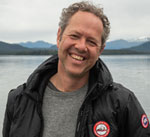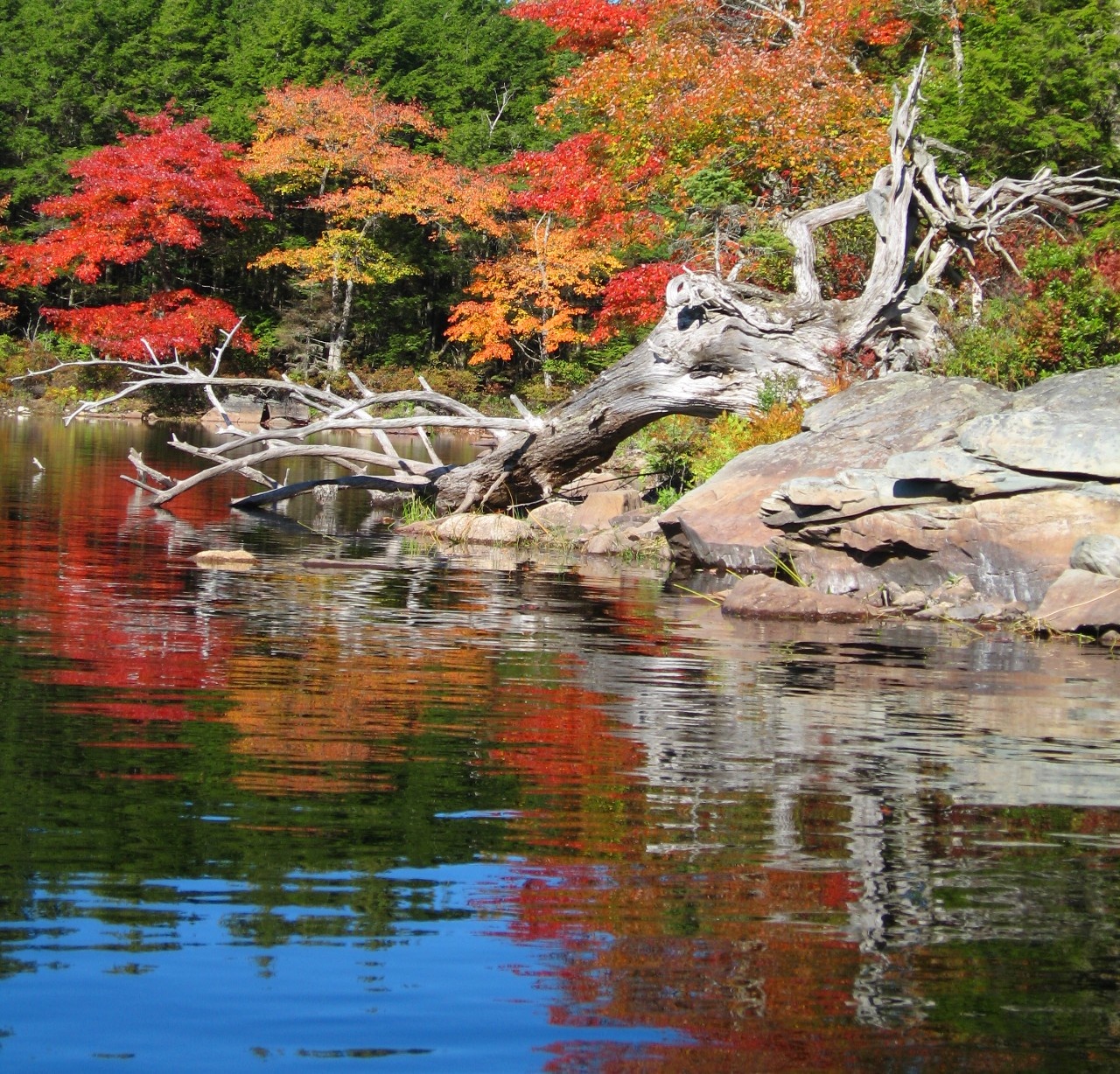Boris Worm
 |
Dr. Boris Worm PROFESSOR MSc (University of Kiel, Germany, 1996), PhD (University of Kiel, Germany, 2000) PostDoc Dalhousie University (2000-2003) PostDoc Leibniz Institute for Marine Science, Kiel, Germany (2003-2004) Assistant Professor in Marine Conservation Biology, Dalhousie University (2004-2008) Associate Professor, Biology, Dalhousie University (2008-2011) Full Professor, Biology, Dalhousie University (Since 2012) |
|
| Teaching & Research marine conservation biology, biodiversity science, fisheries management, community ecology, macroecology
Apart from looming species extinctions there are some wider concerns about the stability and productivity of impacted communities and the ocean ecosystems they are embedded in. This is why our lab tries to quantify both patterns and trends in marine biodiversity, to understand the consequences of these changes, and to document practical solutions that can help restore marine life. In our research my students and I employ a combination of qualitative and quantitative methods, with some emphasis on the analysis of complex data sets. |
||
|
||

 y interests in teaching and research focus on the causes and consequences of changes in marine biodiversity, and its conservation on a global scale. The oceanic ecosystem is by far the largest on Earth, covering more than 70% of the planet by area and an even larger percentage by volume. Human domination of this ecosystem is rapidly expanding through the effects of overfishing, habitat destruction, pollution and climate change.
y interests in teaching and research focus on the causes and consequences of changes in marine biodiversity, and its conservation on a global scale. The oceanic ecosystem is by far the largest on Earth, covering more than 70% of the planet by area and an even larger percentage by volume. Human domination of this ecosystem is rapidly expanding through the effects of overfishing, habitat destruction, pollution and climate change.